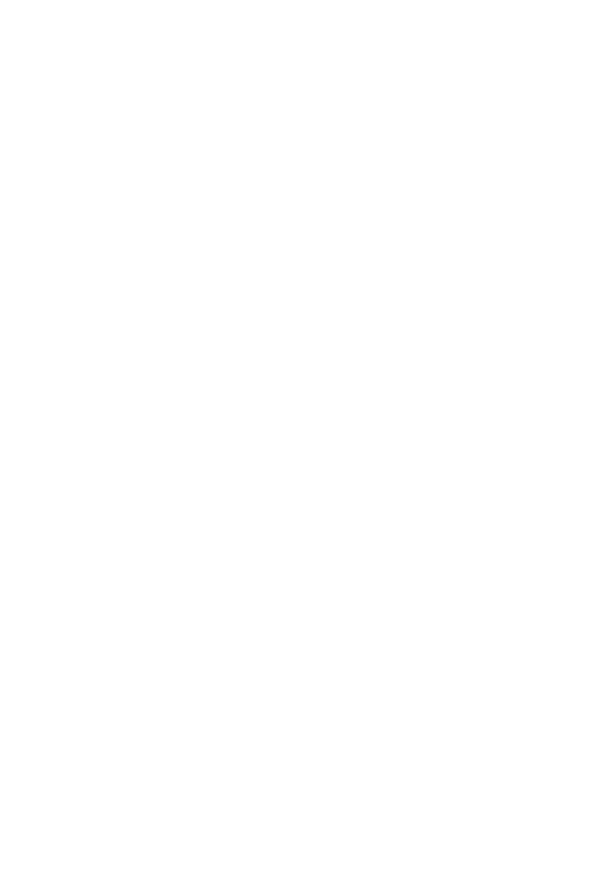
after the meal. Bin Don's recollection is spotty and inconsistent. Bayoumi's ver-
sion can be challenged as well, since the mosque is close to the restaurant and
Bayoumi had visited it, and the surrounding area, on multiple occasions, includ-
ing twice within six weeks of February 1.We do not know whether the lunch
encounter occurred by chance or design.We know about it because Bayoumi
told law enforcement that it happened.
Bayoumi had worked for over 20 years.
notoriety. Both we and the FBI have interviewed him and investigated evi-
dence about him.
Cajon, about 15 miles from San Diego. It is certainly possible that he has dis-
sembled about some aspects of his story, perhaps to counter suspicion. On the
other hand, we have seen no credible evidence that he believed in violent
extremism or knowingly aided extremist groups.
candidate for clandestine involvement with Islamist extremists.
By February 4, Hazmi and Mihdhar had come to San Diego from Los Ange-
les, possibly driven by Mohdar Abdullah.Abdullah, a Yemeni university student
in his early 20s, is fluent in both Arabic and English, and was perfectly suited to
assist the hijackers in pursuing their mission.
ment with the Islamic Army of Aden (a group with ties to al Qaeda) back in
Yemen. Abdullah clearly was sympathetic to those extremist views. During a
post-9/11 search of his possessions, the FBI found a notebook (belonging to
someone else) with references to planes falling from the sky, mass killing, and
hijacking. Further, when detained as a material witness following the 9/11
attacks, Abdullah expressed hatred for the U.S. government and "stated that the
U.S. brought `this' on themselves."
Abdullah bragging to fellow inmates at a California prison in September
October 2003 that he had known Hazmi and Mihdhar were planning a ter-
rorist attack.The stories attributed to Abdullah are not entirely consistent with
each other. Specifically, according to one inmate, Abdullah claimed an
unnamed individual had notified him that Hazmi and Mihdhar would be arriv-